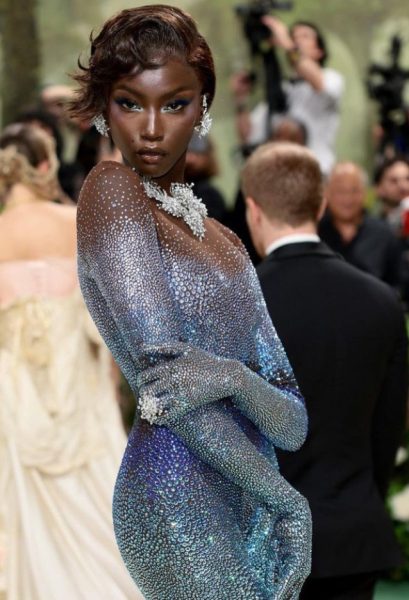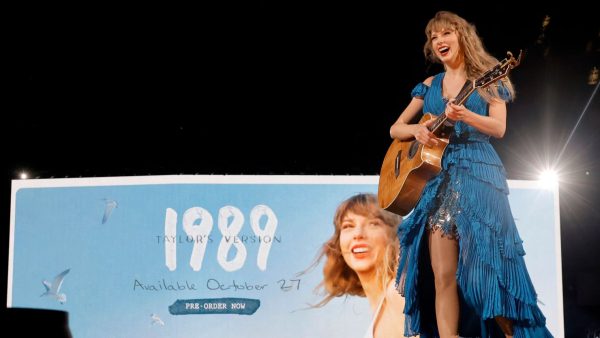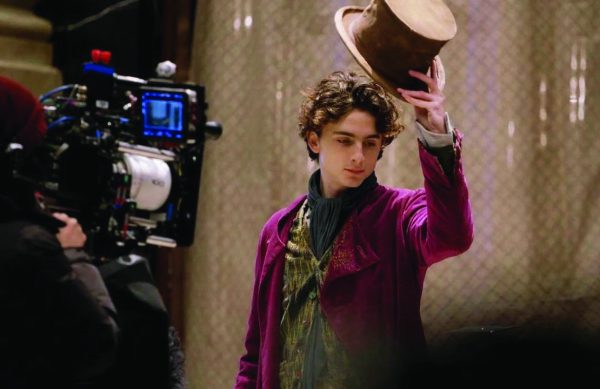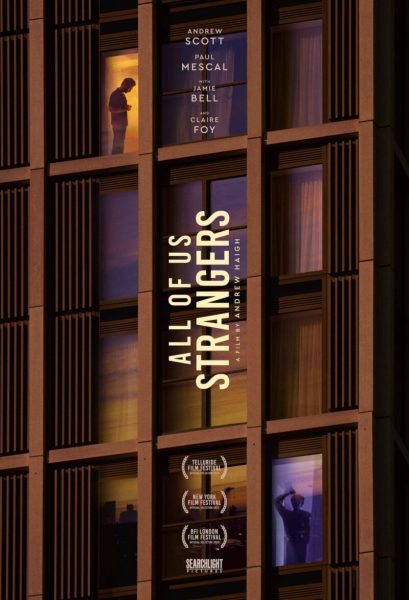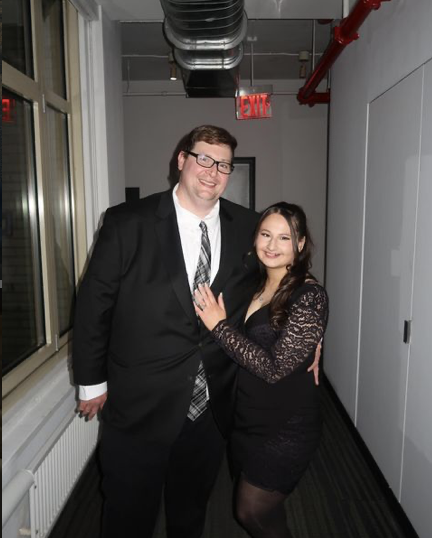Realism in modern television
February 18, 2021
If you’re reading this, congratulations. You’ve made it to high school! For better or worse, this four year span is one of the most formative periods of life, in transitioning from childhood to adulthood. Being a teenager in 2021 bears little resemblance to the portrayal of the teenage experience shown in shows and movies of decades prior; given social pressures and the pandemic, it likely has more in common with psychological experiments. Nonetheless, how teenage years are portrayed in entertainment has evolved with recent waves of more honest realism. New shows such as Euphoria (2019-) Grand Army (2020-), and We Are Who We Are (2020-) can be considered refreshing and reflective of the sentiments of Gen Z high schoolers.
Euphoria, an HBO series created by Sam Levinson, became a hit among certain populations as soon as the first season premiered. It is difficult to remain objective in my description of the show because I felt so seen by the show in many different ways.
A common criticism of Euphoria is that it is difficult to relate to, which could be a valid case for many teens. However, it would be wrong to dismiss the show as an idyllic, escapist take on the suburbs-gone-wild. It blends heavy, real life events and emotions with a twist of levity and fantasy. The show’s makeup, wardrobe, soundtrack, and many elements of the plot don’t match everyday life for the majority of high schoolers, so this may skew the surface level relatability of the main characters. But many feelings and experiences of characters reveal relatable and poignant substance. Complex motifs such as addiction, identity, love, and family arise in the show and resonate universally, even if one’s situation isn’t identical to another character’s.
Grand Army is a Netflix original series released in October of 2020. It’s set in a New York City public high school, and it feels very familiar as soon as one enters the world of the show. People are dressed how we dress, and the music is what we listen to. They discuss college admissions, the Common App essay, and AP Classes, making it a refreshing watch that is not oblivious to the stresses of high school academics. It features flawed and interesting main and supporting characters that are likely to remind viewers of people at their school or in their friend groups. It is diverse in an intentional way, looking at intersections of race and socio-economic class, race and gender/sexuality, and the diversity of the teenage human experience.
We Are Who We Are is a completely new idea with an extremely capable and talented cast. It examines the teenage experience on an American military base in Italy, exploring the nuanced concepts of gender and sexuality, religion, politics, family dynamics, and identity in the meantime.Though conceptually a large undertaking to showcase these many themes in 8 episodes and with substance, its execution is very raw and natural. It is difficult to call to mind another television show that took the time and care to make such multidimensional and complex characters with relationships, thoughts, and actions that are so unique and striking.
A common thread among these standout coming of age shows is that the stories are very character driven. In all of these series, the plot is still pushed forward with a multitude of impactful events, but the heart of each show stems from watching the characters develop and interact throughout the different important events of youth. Another important aspect to note is that the heavy topics of these series are not encountered without content warnings, support, and resources at the start and end of certain episodes. The capacity of these shows to incorporate real struggles, provide commentary, and open up dialogues about life and social issues is a very impressive and mature step in a new direction for young adult dramas.







